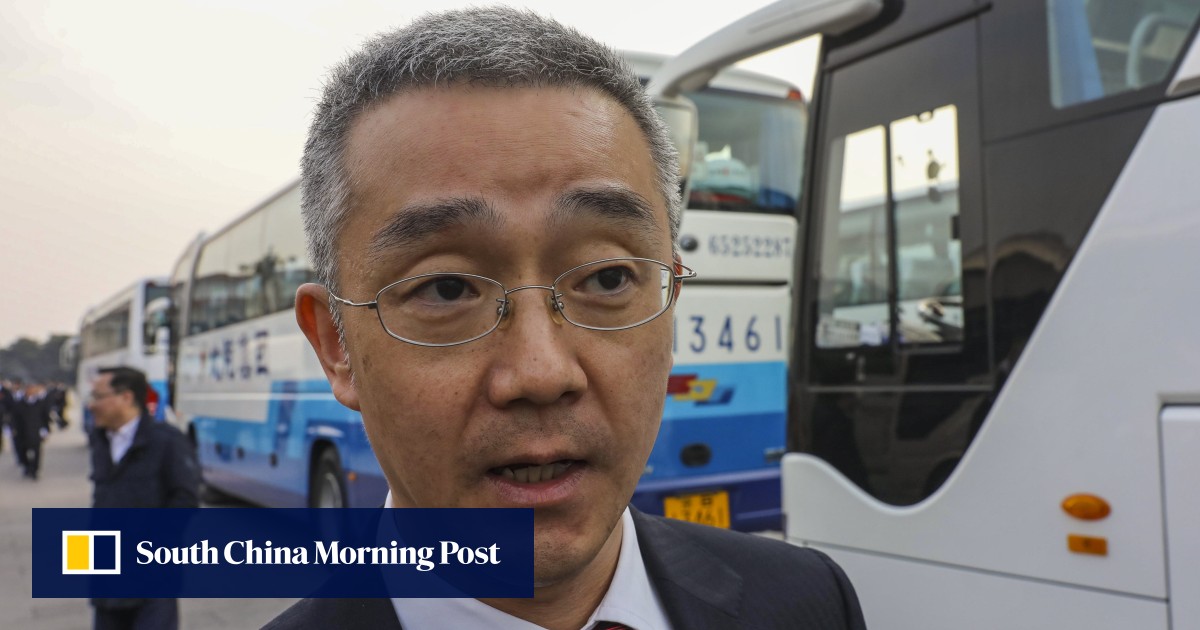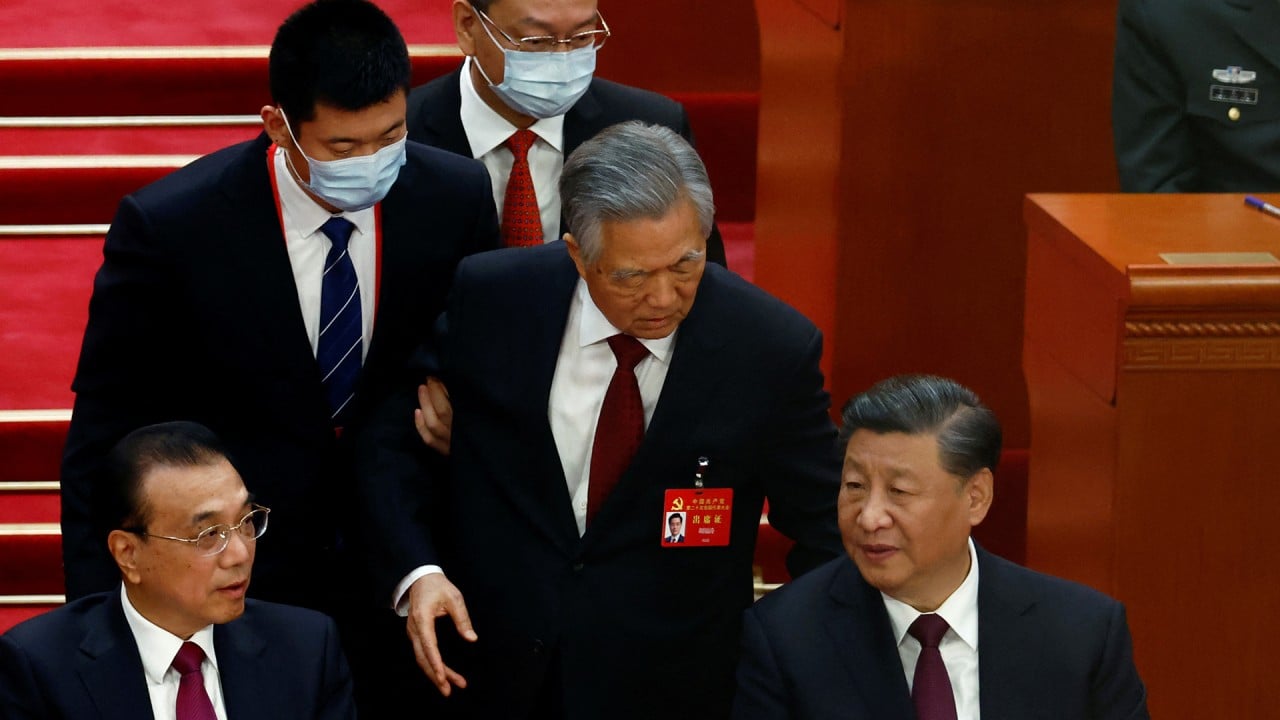The much-watched appointment was announced by the State Council, China’s cabinet. The promotion will elevate Hu, 51, to vice-ministerial rank which marks an important step in the career advancement of Chinese officials.
The ministry handles welfare, social groups and marriage, among other civil affairs.
Before the appointment, Hu had been the party boss of Lishui, a small city in the coastal province of Zhejiang, since July 2018.
Hu, a computer science graduate from Beijing Jiaotong University with a postgraduate degree in nuclear electronics and an executive MBA from Tsinghua University, did not enter politics until 2013.
He worked as a senior engineer at the state-owned Tsinghua Holdings and later became the president of Nuctech, a security scanning equipment maker controlled by Tsinghua Holdings.
He was then transferred to the Zhejiang Tsinghua Yangtze River Delta Research Institute, serving as party boss of the official think tank from 2009 to 2010.
A Zhejiang official who worked with Hu said he liked to keep “a very low profile” and tried to avoid unnecessary attention.
A researcher from China’s Central Party School said the fact that Hu had to accumulate a decade of regional work experience before being granted a role in Beijing showed that the promotion of the descendants of party top leaders was much stricter under Xi.
“This might be a good thing for Hu moving forward because Xi shows a strong preference to those who have regional experience because he wants these cadres to make policies based on their knowledge of China’s ground situation,” said the researcher who declined to be named because of the sensitivity of the topic.
“Those who only climb the career ladder in Beijing’s ministries often get played out when they land on regional roles facing sophisticated local officials.”
Hu’s father stepped down as president in 2013, handing the position to Xi. Under China’s party state system, the president is also the chief of the ruling Communist Party and the country’s military.








